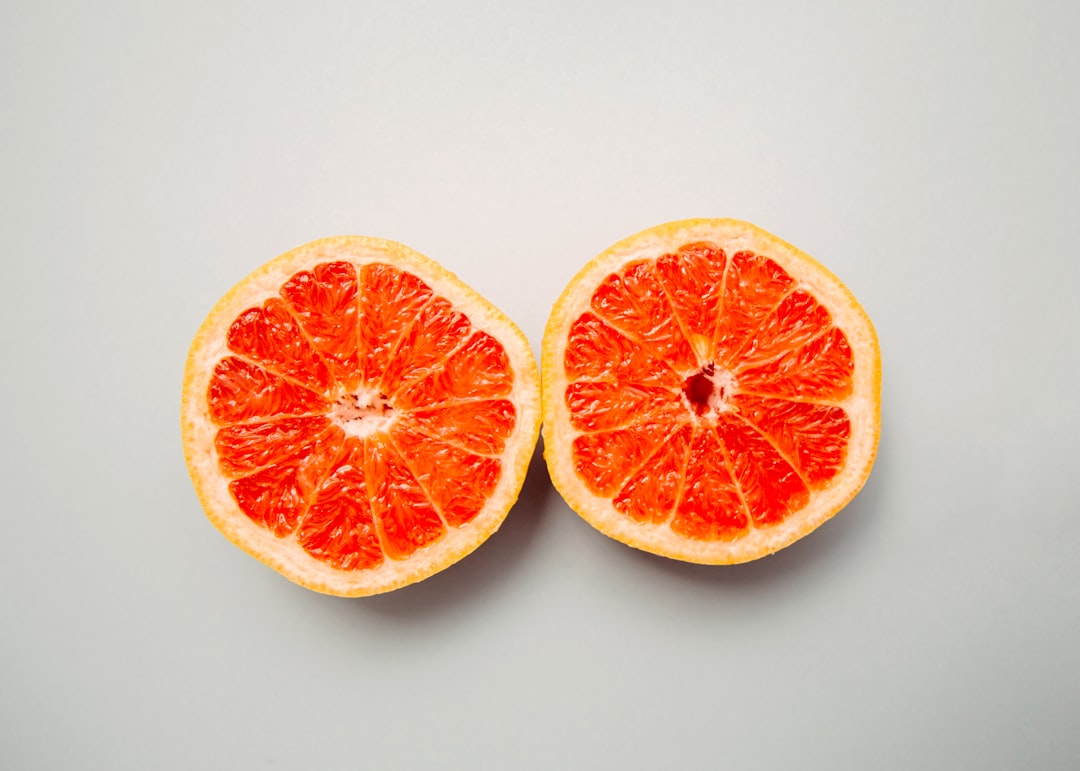Was Elle Macpherson right to refuse chemo?
And who is taking medical advice from a supermodel anyway?
I was planning to return to your inbox next week, fresh and ready for September - ten days into September, which is the kind of late-for-school energy I like to bring.
But this week, everyone with even the vaguest interest in breast cancer is talking about Elle Macpherson, so I thought I’d chime in with my take on the matter.
In case you’ve missed this story, the supermodel (who is now 60, yes 60) has revealed that she had breast cancer seven years ago and chose not to have chemotherapy.
The response on social media has been that of outrage: how dare she eschew conventional treatment? And how irresponsible, because others might copy her!
I have a more measured view, which I wrote about in today’s Times.
First of all, please know that I would not take medical advice from Elle Macpherson. Not only is she the founder of a wellness supplement brand, but also she was in a relationship with disgraced anti-vaxxer and medical conspiracy theorist Andrew Wakefield. I’m not sure if she has actually expressed any anti-vax views herself, but she’s certainly anti-vax adjacent. I want to make it absolutely clear that I’m not defending her opinions in that regard.
Having said that, some of the reporting and reaction to this has been crazy.
First, not everyone who has breast cancer needs chemo. For some of us, it’s not optional: I was told that chemotherapy was absolutely necessary to shrink the two tumours in my right breast before mastectomy surgery. For others, it’s not necessary. The cancer might have been found at an early enough stage for a lumpectomy and then radiotherapy, hormone therapy or targeted treatments to be sufficient.
Then there is a whole swathe of people for whom it’s more of a grey area. Chemo will reduce their risk of recurrence slightly, but it obviously comes with side effects, some of them long term. It’s a case of weighing up the pros and cons - and most of us would get as many opinions as possible before making that kind of decision.
It was reported that Macpherson refused chemo against the advice of 32 doctors. What she actually said was that she consulted ‘32 doctors and experts’ while making her decision. I mean, ‘32 doctors and experts’ could be two doctors and 30 experts. And what even is an expert these days? Anyone can call themselves an expert.
She didn’t say that they all advised her to have the chemo - presumably lots of them didn’t. And anyone who thinks that’s a crazy number of people to consult is not familiar with the world in which supermodels-turned-wellness-brand-owners live. She probably speaks to 12 ‘experts’ before breakfast on a normal Tuesday.
Then there’s this idea that she rejected all conventional treatment, which is also not true. She had lumpectomy surgery, which is both very effective and very conventional. Chemo is the only treatment she describes choosing not to have, so she may have had radiotherapy, hormone treatment and/or a targeted drug such as Herceptin.
After a breast cancer diagnosis, many of us look at our lifestyles and make changes in an attempt to better future-proof our bodies. This might mean doing a bit more exercise, or adding cruciferous veg to your diet, or prioritising sleep or finding ways to better manage your stress. It might mean having therapy (I did), or it might mean dabbling with reflexology, acupuncture or reiki. I know women who have found some or all of these things hugely helpful after breast cancer.
If you’re a fabulously wealthy supermodel, you’re not going to half-arse this with a bit of extra broccoli. For her, it meant spending eight months in Phoenix, Arizona “under the care of several specialists, including her primary doctor, a doctor of naturopathy, holistic dentist, osteopath, chiropractor and two therapists.”
(Incidentally, there has been much mocking of a holistic dentist on that list but, when it comes to breast cancer, that’s actually not as mad as you might think.)
I think one of the things that people find most grating about all this is the language she uses to describe it. “It really gave me an opportunity to dig deep in my inner sense to find a solution that worked for me,” she writes in her book. “I realised I was going to need my own truth, my belief system to support me through it… it was a wonderful exercise in being true to myself.” This is clearly quite annoying for those of us who are too concerned about paying the mortgage during cancer treatment to spend much time considering our ‘inner sense’.
But that’s a silly gripe really. Of course she has a huge amount of privilege, but what do you expect? She’s a bloody supermodel. She’s not exactly going to be in the next bed to us on an NHS ward.
Anyway, I saw all of the hysteria and decided to wade in with my boringly rational take on the subject, which is less headline-grabby, but I’d argue it’s needed.
You can read the full piece in today’s Times here, or pick up a copy of the paper.
See you next you week xx











Thank goodness for sharing your view.....maybe boring to some but I think it is incredibly helpful and all those crazees should read it before flying off the handle with all that anger they seem to have.
Found this so empathetic and necessary, Rosamund. I can imagine how my friends who've had breast cancer felt reading this. Thanks for jumping in early on your holiday on this one (and I'm finding an alternative to the WelleCo supplement that I clearly paid too much for anyway) xo